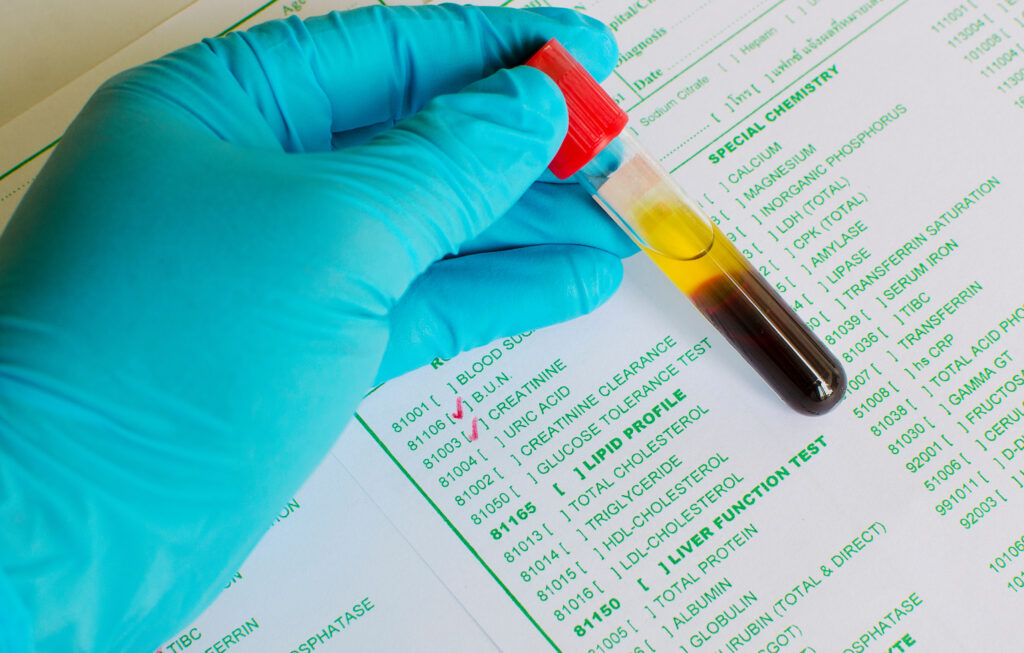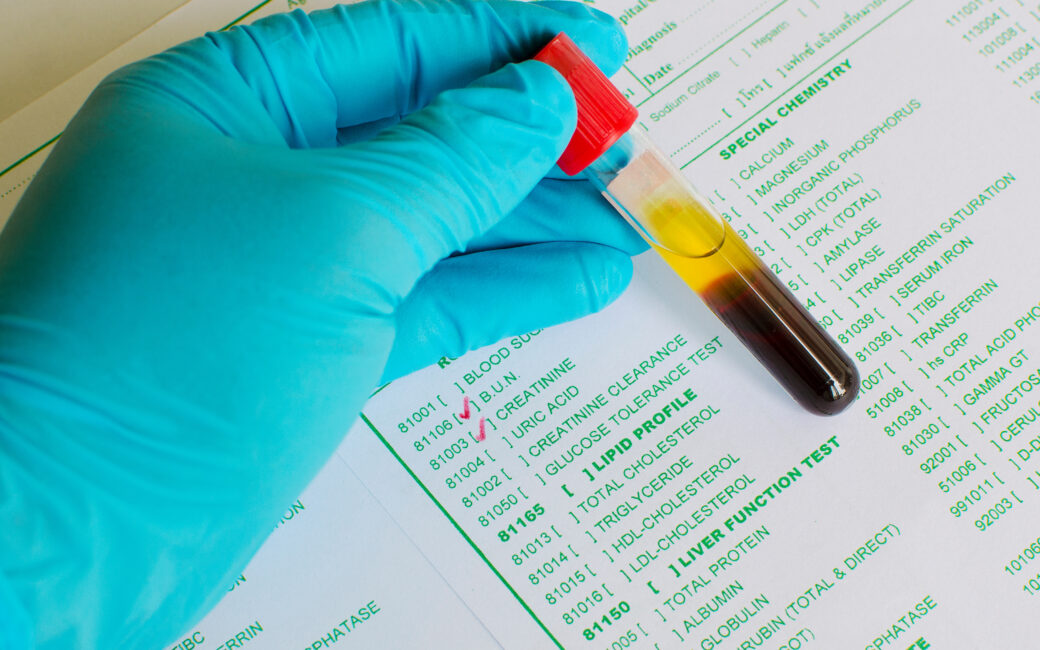Overview of Kidney Test Functions
Regular kidney testing is crucial in maintaining optimal kidney health and detecting potential issues early on. During a routine check-up, your healthcare provider may order a series of kidney function tests to assess the health and functionality of your kidneys. These tests aim to measure various parameters that indicate kidney function and identify potential kidney diseases. The severity of these tests usually varies depending on the individual's medical history, risk factors, and symptoms.
Starting with the most basic test, a urinalysis examines a urine sample for the presence of protein, red blood cells, white blood cells, and other substances. Urinalysis helps identify early signs of kidney damage or infection.
Blood tests, such as serum creatine and blood urea nitrogen (BUN), are commonly performed. These tests assess the levels of waste products in the blood, typically filtered by the kidneys. Elevated levels may indicate impaired kidney function.
More specialized tests like glomerular filtration rate (GFR) estimation can provide a more accurate measure of kidney function. GFR measures how effectively the kidneys filter waste from the blood.
In cases where more severe kidney diseases are suspected, additional tests may be ordered. These may include imaging tests like ultrasounds or CT scans to evaluate the kidneys’ size, shape, and abnormalities. Biopsy, which involves extracting a small sample of kidney tissue for examination, may be conducted to diagnose the underlying cause of kidney dysfunction.

What Each Kidney Function Test Looks For
Kidney function testing identifies potential kidney diseases and assesses the kidney’s overall health and performance. Below is an overview of what each kidney test looks for:
- Urinalysis: This test checks for the presence of abnormal substances in the urine, such as Albumin, a protein that can pass into the urine when the kidneys are damaged.
- Serum Creatinine and BUN: These blood tests measure waste product levels in the blood. Elevated levels suggest impaired kidney function or other kidney-related issues.
- GFR Blood Test: Glomerular filtration rate estimates the kidneys' ability to filter waste from the blood. A low GFR may indicate reduced kidney function.
Imaging Tests: Ultrasounds and CT scans provide visual images of the kidneys, helping identify abnormalities, such as kidney stones or tumors. - Kidney Biopsy: In some cases, a kidney biopsy may be necessary to diagnose specific kidney diseases by examining a small sample of kidney tissue.
Regular kidney testing is essential, as it allows healthcare professionals to detect kidney disease early on, monitor kidney function, and implement appropriate treatments to prevent further damage. Suppose you experience frequent urination, blood in urine, or persistent fatigue. In that case, scheduling an appointment for kidney testing is essential to maintaining kidney health.
Schedule an Appointment with a Nephrologist in the Milwaukee, WI Area
At Midwest Nephrology, we are committed to providing individualized care and guidance to our patients, providing the best possible care for each kidney condition. Being one of Wisconsin’s longest-operating and largest nephrology groups, you can easily find a Midwest Nephrology location with a team of providers ready to assist you in diagnosing and treating your kidney concerns. Contact Midwest Nephrology Associates for more information about kidney testing and to schedule a consultation.
